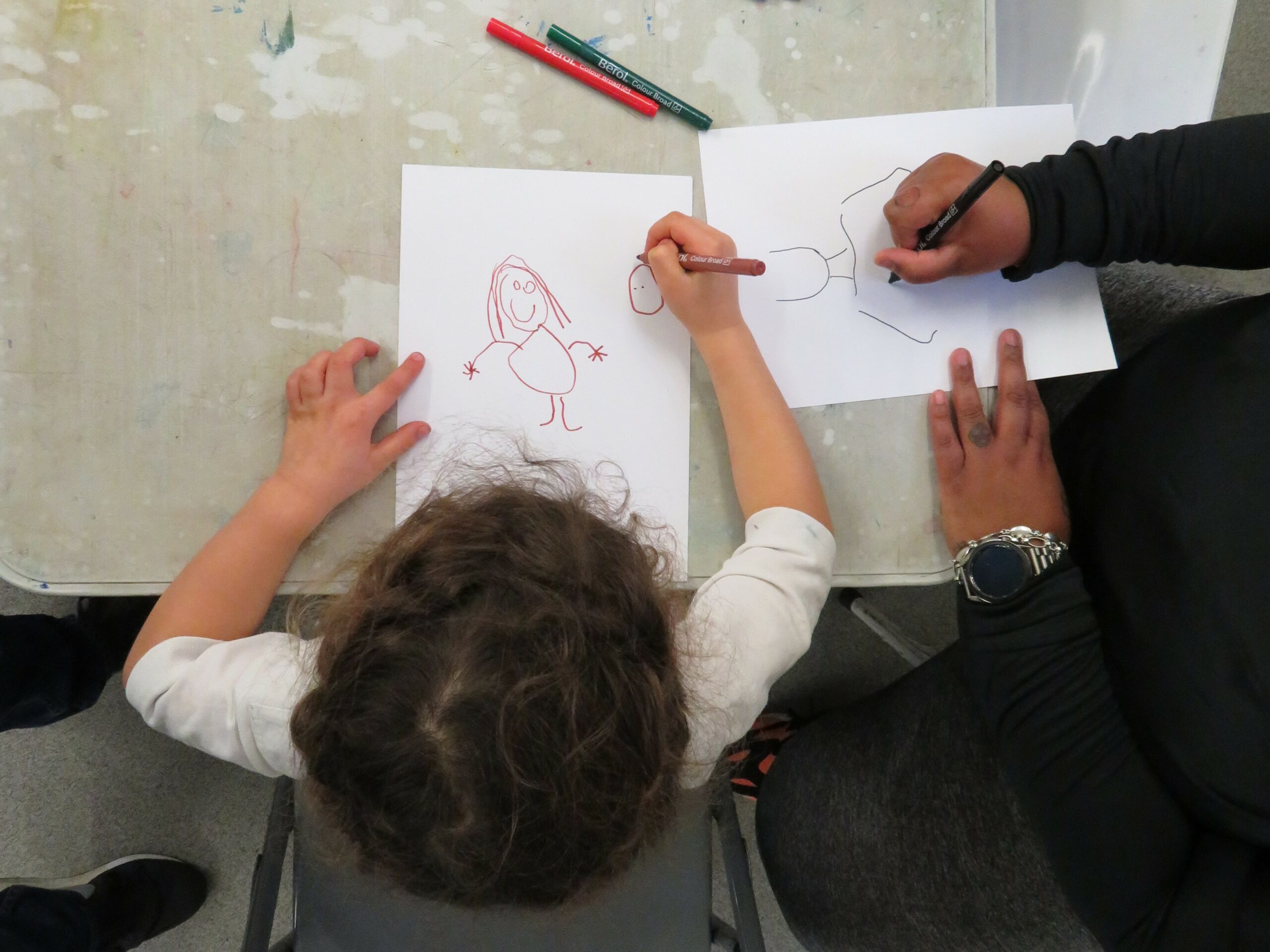As we head into the second week of Champions for Children and as as students sit their GCSE’s and A levels, our new report highlights the devastating impact of poverty that is leading to tens of thousands of children being excluded from or dropping out of educational provision, with damaging consequences for their future prospects.
Titled “Designed to be Unfair” – The impact of disadvantage on pupils in English State Schools, our report analysed data from 1400 schools and 80 educational organisations attended by approximately 580,000 children (3-18yrs old) to reveal alarming findings:
- Pupil Premium students face exclusion rates three times higher than their peers by Year 7, with a staggering 5.3% of students excluded in Year 11 compared to only 1.9% of non-Pupil Premium students.
- Pupil Premium students, those from disadvantaged backgrounds, start secondary school with mental health wellbeing scores approximately 10% lower than their peers, a gap that persists throughout their school years.
- By Year 11, the attendance rate for Pupil Premium students drops to 89%, compared to 94% for their more affluent counterparts, equating to approximately 45,300 fewer disadvantaged students attending regularly in England.
- 89% of charities reported inadequate nutrition among the 310,877 children they support, leading to malnutrition, obesity, and chronic illnesses that impair educational engagement.
- 84% of charities documented overcrowded living conditions for the children they serve, exposing them to high stress levels that negatively impact learning.
Insights from the children interviewed for the research further underscore the profound impact of poverty, with the young research participants expressing alienation, racism, disengagement, and the belief that “the system is designed to be unfair.” Several children such as John, (14) spoke about experiencing depression and anxiety due to financial hardships;
“It makes me depressed, upset, it makes me not want to do anything… you get suicidal thoughts. You keep thinking about that, you don’t know what to do, your grades go down just because you keep thinking about the bad things.”
With GCSE attainment in 2023 for disadvantaged pupils at a record low since 2011 at only 25% for scores of 5 or above compared to 52% for non-disadvantaged pupils The Childhood Trust is calling for expansive policy changes, including greater access to early childhood education, integrated health and education policies, free school meals, affordable housing initiatives, and comprehensive school-based health services.
As the UK grapples with extremely high child poverty levels impacting 4.3 million children and an unprecedented cost-of-living crisis, this report serves as a stark reminder of the need for concerted action to address systemic disadvantages and create an equitable educational landscape.
To hear what the children of London had to say about the matter in our new film, click here.
Other News
We’re all familiar with ‘the twelve days of Christmas’ with its partridges in pear trees, five gold rings and never ending verses of lords-a-leaping etc., Well this year, we are...
The Childhood Trust held a highly constructive meeting with the Scottish Government's Cabinet Secretary for Social Justice, Shirley-Anne Somerville MSP on Friday 14th November at Scotland House,...
Over two thirds of children in poverty in the capital will go hungry during the school summer holidays unless charities provide free food and activities, new research by The Childhood Trust has has...


